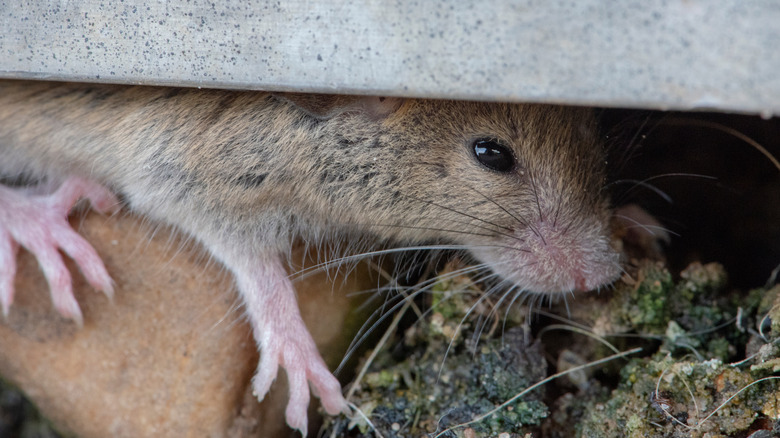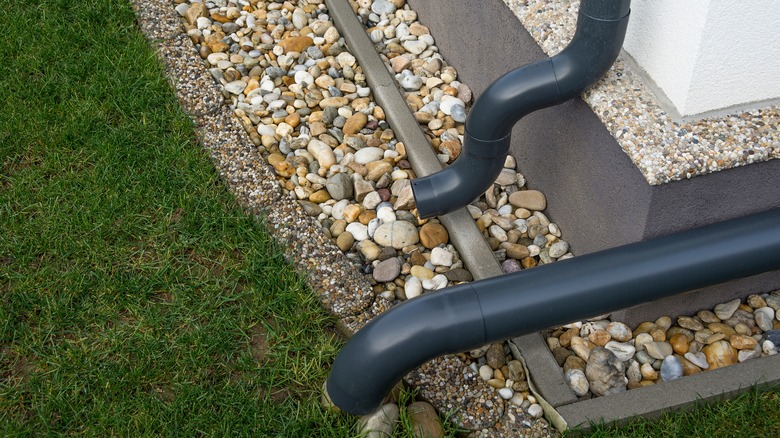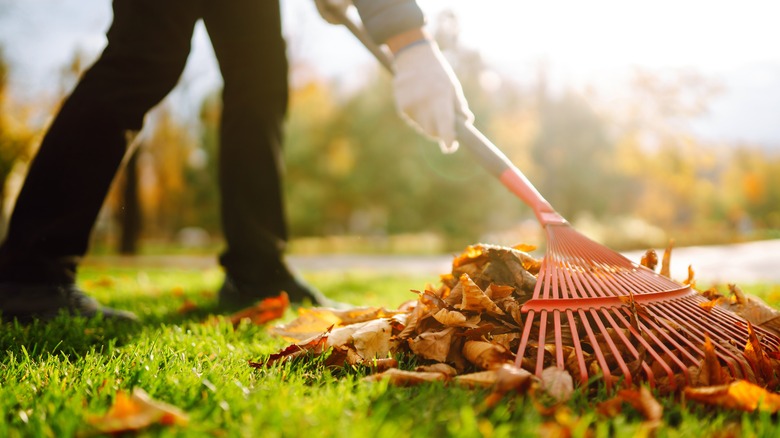Why You Should Think Twice Before Using Rat Pesticides Underneath Your Porch
When you find rats scurrying beneath your porch, your first thought might be to poison them with pesticides. However, this approach is not wise. The space beneath your deck is not as isolated as you might think and can be a hub of activity for pets, children, and other wildlife. This makes rat poison a risky prospect.
These toxic substances, while effective against rodents, can pose serious dangers to non-target animals and even humans who might accidentally come into contact with them. It's always best to deter rats naturally. However, the effectiveness of your strategy lies in understanding why rats are attracted to this particular area in the first place. Your porch provides a dark, secluded shelter that's ideal for these creatures. The presence of humans often compounds this issue; for instance, if you frequently dine outdoors, any food and water that gets left behind could turn your deck into a potential rat haven.
The Timber Decking and Cladding Association emphasizes the importance of minimizing accessible food and water sources as an initial step. This means being vigilant about cleaning up after outdoor meals and gatherings. Even small crumbs or spills can attract rodents. Also, if you plan to install any bird feeders, look for models that minimize spillage.
It's better to fortify your deck with netting and seal your pipes
Once you've taken care of the basics by clearing away food and securing your bird feeders, it's time to consider other humane rat prevention measures. Rats are incredibly adept at finding ways into cozy spaces like the space under your deck, so let's discuss how to effectively seal off their access. An excellent start is to inspect the perimeter of your deck. Look for any gaps or holes. Rats can squeeze through surprisingly tiny spaces, so it's crucial to block even the smallest of entry points. If you decide to install mesh wire netting around the deck's edge, make sure you use a patterned mesh with 5-millimeter holes — this is small enough to prevent rats from getting through while still maintaining the aesthetic of your deck. This netting should be sunk at least 300 millimeters into the ground to prevent rats from burrowing underneath.
Water sources are another big attraction for rats. They need water to survive, and any leaky pipes or dripping faucets near your porch can be like a welcoming beacon. So, take the time to check for and repair any plumbing issues and clean out your drains. This step not only helps in rat prevention but also conserves water and potentially saves you from future plumbing headaches. But don't stop there. Certain smells and substances deter rats. Consider using natural repellents like clove oil. You can soak cotton balls in the oil and place them strategically around the deck.
Other ways to enhance your deck's defenses
Beyond the physical barriers and removing food sources, you'll also have to make your yard less inviting to rodents. You can start by maintaining a tidy landscape. Keep your lawn mowed and regularly trim bushes and trees, especially those close to your deck. This will reduce the potential shelter for these pests. Additionally, avoid the accumulation of organic debris like fallen fruits or branches. Compost bins can be a major draw for rats, offering a plentiful supply of food if not managed correctly. If your compost bin is near the decking area, it's best to relocate it. If moving the bin isn't an option, the next best thing is to ensure it's well-secured. Bins that are properly sealed and difficult to access deter rats.
Pets, particularly cats and dogs, can be natural allies in your efforts against rats. Rats are less likely to settle in an area where they sense potential predators. Even if your pets aren't active hunters, their scent can signal a warning to rodents to keep away. When your pets enjoy the outdoor space, in return, they can symbiotically help maintain a rat-free environment. However, it's important to balance this with the well-being of your pets. Ensure that any measures you take to deter rats are safe for your furry friends.


